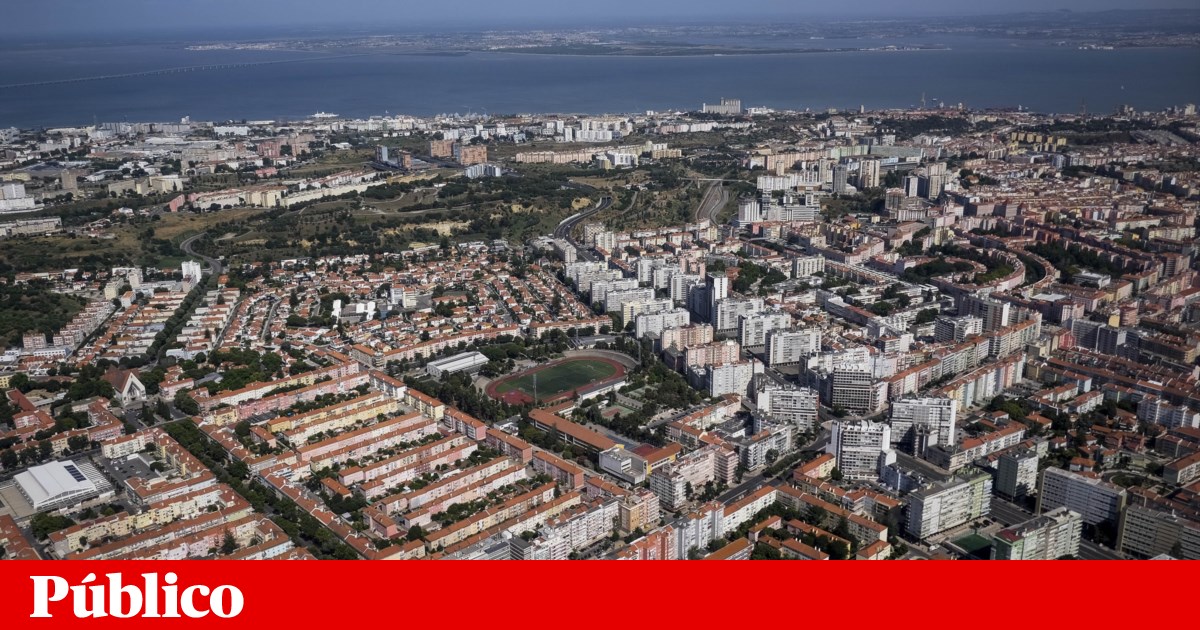Housing is becoming less and less accessible, and at this point, finding a home to live in is more difficult than it was during the last major financial crisis, in 2008. The conclusion is from the Bank of Portugal (BdP), which points to an increase in house sales and rental prices , which has not been accompanied to the same extent by the disposable income of households, as well as by rising interest rates, as the main factors for the deterioration in access to housing that we are witnessing in Portugal.
The data was released on Wednesday in the Asian Development Bank’s latest economic bulletin. In the document now published, the organization led by Mario Centeno assesses the accessibility of housing, whether through credit or rent, taking as an example a house of 112.4 square metres, which is the average usable area of a classic family residence in Portugal, according to For data from the 2021 Population Census, conducted by the National Institute of Statistics (INE).
In the case of credit, the Bank’s development program uses an index of financial effort to evaluate the ability of a middle-income individual to pay the estimated annual costs of purchasing a home, using a 35-year credit, and calculate the ratio between paying the estimated annual costs of purchasing a home. Loan and average disposable income. He concludes that after a period between 2015 and 2019 in which “the level of the effort index was low,” this effort began to worsen, specifically from 2019 onward.
The bulletin indicates that at the end of 2022, this financial effort indicator reached “high values, approximately 11% higher than the maximum levels recorded in 2007-2008.” Meanwhile, the document adds, the number of years needed to pay off a home in full (calculated based on the ratio between home value and income) rose to eight years at the end of 2022, when it was less than seven years in 2008. In practice, the increase in This indicator, which measures financial effort, corresponds to the deterioration in access to housing, as the DPP summarizes.
By comparison, in 2008, the unemployment rate was close to 10%, according to data from the National Institute of Statistics, while the average interest rate for the entire portfolio of mortgage loans held by Portuguese banks exceeded 5%, according to history from BdP. Today, the unemployment rate is 6%, while the average interest rate on home loans is about 4%. Therefore, it is not only the recent rise in interest rates, but above all the increase in housing prices, coupled with an insignificant development in income, that helps justify the current scenario.
“Between 2016 and 2019, the measure of housing affordability on credit remained relatively stable, with the impact of rising housing prices offset by lower interest rates and disposable income growth. In the recent period, there has been a deterioration in access due to the combination of persistently rising housing prices Housing with a cycle of increasing interest rates, despite the growth of nominal income.
The same happens in leasing, where accessibility is assessed on the basis of the ratio between rents from new contracts and disposable income. However, in this case, the Development Office considers that the positive development of disposable income moderated the impact of the increase in rents. “Like housing prices in Portugal, rents were also very dynamic, with annual growth of around 8% in 2021-2022. This increase contributed to the deterioration in access to rentals in 2021, but was largely offset by the increase in income.” Nominal available in 2022.
In this case, no long-term analysis is performed, because the quarterly data issued by the INE on the average rental price for new leases only dates back to 2021.

“Wannabe internet buff. Future teen idol. Hardcore zombie guru. Gamer. Avid creator. Entrepreneur. Bacon ninja.”

